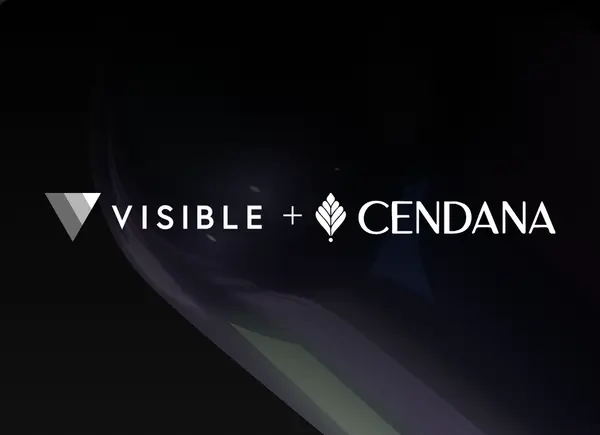Our Thoughts on Do Better Work
There are two basic types of leadership book.
The first is the philosophical book. Books in this category are full of fresh ideas and illustrative stories that are meant to inspire. Reading them feels good, and finishing them feels even better. They’re empowering. The best books of this type include one or two key concepts that stick with us long after we’ve turned the last page, influencing our future behavior; the others give us a temporary boost of energy and enthusiasm before they’re forgotten.
The second type of leadership book is the practical book. These books forego inspiration and ideology for marching orders. Full of specific guidelines and tactics, the most effective practical books become trusted manuals for doing business well. The majority get bookmarked and put down about a third of the way through, never to be picked up again.
Do Better Work is a rare book that falls in both categories. In it, author Max Yoder weaves the philosophical and the practical together, seamlessly and to great effect. The result is a leadership book that is not only helpful, but delightful and surprising to read—one where step-by-step instructions for, say, sharing work before you’re ready or achieving clarity, fit neatly alongside the lessons we can learn from philosopher J. Krishnamurti or the vulnerability of superheroes.
I’m acquainted with Max—Visible and his company, Lessonly, share common investors—and his warmth and optimism, both immediately obvious when you meet him, make up the DNA of Do Better Work. Other touches, like the Vonnegut-esque sketches scattered throughout, make the book feel less like a typical leadership volume and more like a diary. Although Yoder writes about himself very little in Do Better Work, it still feels like a deeply personal read.
Each of the book’s chapters is a vignette, with a simple title printed to look like handwriting. Fittingly, each of the chapter titles reads like it’s taken from a to-do list: Look For Opportunity, Ask Clarifying Questions, Get More Agreements. If there’s a central theme, it’s one of empathy and vulnerability, presenting interpersonal risk-taking and openness as the true path to better business outcomes.
If there’s a flaw here, it stems from the author’s apparent reticence to insert himself into the work. It’s telling that Yoder gives a paragraph each to three of the major turning points in his life, but spends almost four pages on the lessons we can learn from production issues on the set of Jaws. It’s unclear whether more details about, say, Yoder’s failed first startup, Quipol, would’ve made the book better, but it is apparent that he’s more comfortable sharing others’ stories than his own.
Do Better Work was self-published, largely because Yoder was resistant to publishers’ requests to inflate the word count. The final product is refreshingly free of fluff, but the book’s independent status may keep it from getting the full recognition it deserves.
In the spirit of optimism, I have to hope that does not end up being the case. Do Better Work is a singular, winsome and challenging book for leaders and their teams alike.



